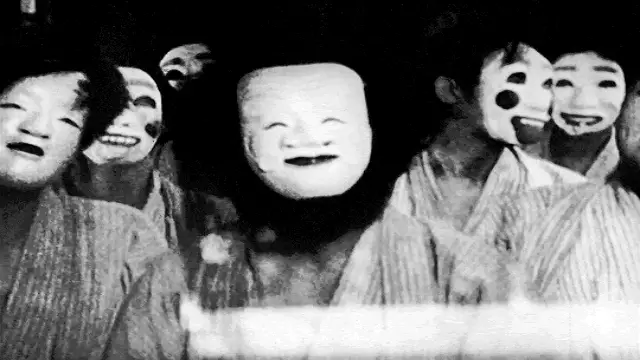Supernatural films from Hong Kong and Japan offer a unique glimpse into ancient folklore. These movies are filled with ghosts, ghouls, and spirits that haunt the living. They tell stories of revenge, curses, and the supernatural. Below, we explore five notable films that showcase the eerie and captivating world of supernatural cinema.
1. Ghost of Yotsuya (1959)
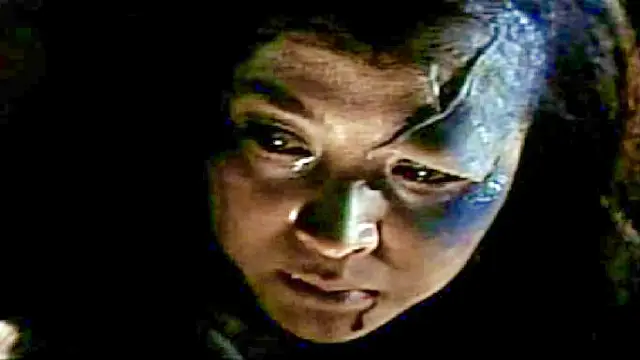
Director: Nobuo Nakagawa
Ghost of Yotsuya is a classic Japanese horror film based on the famous tale Tokaido Yotsuya Kaidan. This story has been adapted many times, but Nakagawa’s version stands out. It tells the tale of Iemon, a cruel man who commits heinous acts to get what he wants.
Iemon, played by Shigeru Amachi, murders his fiancée’s father and later kills his wife. His actions lead to dire consequences when his wife’s ghost returns for revenge. The film is known for its strong production values and stylish direction. The supernatural elements become more prominent in the second half, creating a chilling atmosphere.
This film is a must-watch for horror fans, as it features several spine-tingling moments. Nakagawa’s Ghost of Yotsuya remains one of the most popular adaptations of this classic tale.
2. Daimajin Series (1966)
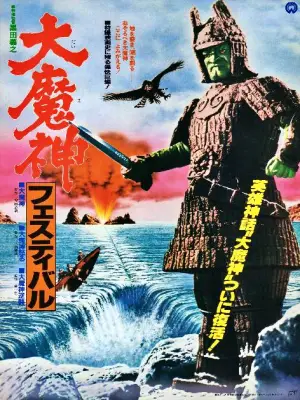
Directors: Kimiyoshi Yasuda, Kazuo Mori, Kenji Misumi
The Daimajin series is a trilogy that combines elements of horror and action. It tells the story of a giant stone statue that comes to life to protect innocent villagers from evil warlords. The first film, directed by Kimiyoshi Yasuda, introduces the vengeful god Daimajin.
The villagers pray to Daimajin for help against their oppressors. When the statue awakens, it unleashes its wrath on those who harm the innocent. The film features stunning visuals and a haunting score by Akira Ifukube.
The sequels continue the story, with Daimajin facing new threats. The second film, directed by Kenji Misumi, showcases the statue parting a lake to confront its enemies. The third film is more family-friendly, focusing on Daimajin protecting children. This series is a unique blend of supernatural themes and samurai action.
3. Yokai Trilogy (1968-1969)
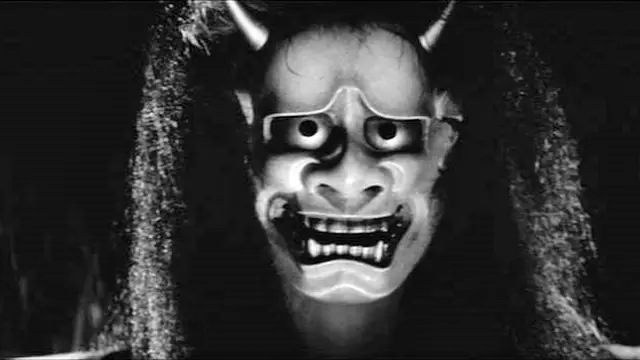
Directors: Yoshiyuki Kuroda, Kimiyoshi Yasuda
The Yokai Trilogy explores the fascinating world of Japanese folklore. Yokai are supernatural creatures that range from the terrifying to the bizarre. The first film, Yokai Monsters: Spook Warfare, introduces a variety of these creatures as they battle a bloodsucking monster.
The second film, 100 Monsters, is perhaps the most popular. It features a deceitful businessman who plans to exploit a shantytown. The Yokai come to the rescue, showcasing their unique powers.
The final film, Journey with Ghosts Along Tokaido Road, is darker and more adult-oriented. It follows a little girl carrying a secret that puts her in danger. The Yokai seek revenge on those who threaten her. The trilogy is a delightful mix of horror, adventure, and folklore.
4. Bloodthirsty Trilogy (1970-1974)
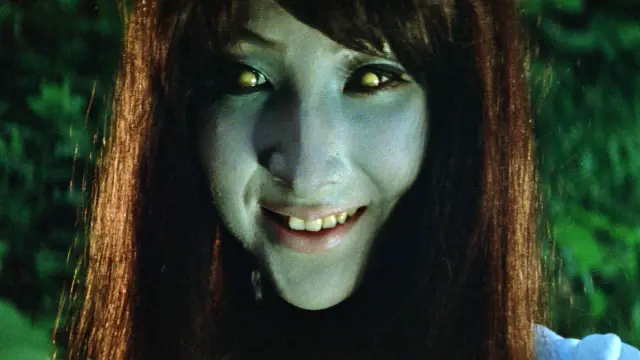
Director: Michio Yamamoto
The Bloodthirsty Trilogy is a unique take on the vampire genre. These films break away from traditional Japanese horror, offering a fresh perspective. The first film, The Vampire Doll, follows a woman searching for her missing brother. He disappeared after visiting his fiancée at a mysterious estate.
The second film, Lake of Dracula, is often considered the best of the series. It introduces a Japanese vampire linked to European folklore. The final film, Evil of Dracula, ramps up the gore and nudity, presenting a more sensationalized version of the vampire myth.
While these films may not adhere to traditional Japanese horror, they provide a captivating experience for fans of the genre. The Bloodthirsty Trilogy is a must-see for those looking for something different.
5. Spooky Encounters (1981)
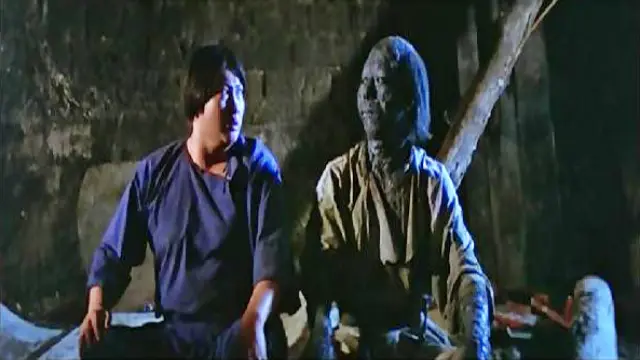
Director: Sammo Hung
Spooky Encounters, also known as Encounters of the Spooky Kind, is a groundbreaking film that blends comedy, kung fu, and horror. Directed by Sammo Hung, the film follows Bold Cheung, a man who discovers his wife cheating on him.
In a twist of fate, a Taoist sorcerer is hired to eliminate Cheung. However, the sorcerer’s brother, who believes in using magic for good, helps Cheung fight back against the evil forces. The film is filled with humor and action, making it a unique entry in the horror genre.
Spooky Encounters paved the way for future films that combined comedy with supernatural elements. Its success led to a wave of similar films, such as Kung Fu Zombie and Mr. Vampire, which further explored the fusion of genres.
The film’s lighthearted approach to horror makes it accessible to a wider audience. It showcases the creativity of Hong Kong cinema during the 1980s, where filmmakers began to experiment with blending different genres.
Conclusion: The Allure of Supernatural Cinema
Supernatural films from Hong Kong and Japan offer a rich tapestry of storytelling that draws from ancient folklore and cultural beliefs. These films explore themes of revenge, justice, and the supernatural, captivating audiences with their unique narratives and striking visuals.
From the chilling tale of Ghost of Yotsuya to the action-packed Daimajin series, each film presents a different facet of the supernatural. The Yokai Trilogy introduces viewers to the fascinating world of Japanese mythological creatures, while the Bloodthirsty Trilogy offers a fresh take on the vampire genre. Finally, Spooky Encounters showcases the successful blend of comedy and horror, paving the way for future films in the genre.
These five films not only entertain but also provide insight into the cultural and historical contexts of their respective countries. They remind us of the power of storytelling and the enduring fascination with the supernatural. Whether you are a fan of horror or simply curious about these cinematic gems, these films are sure to leave a lasting impression.

